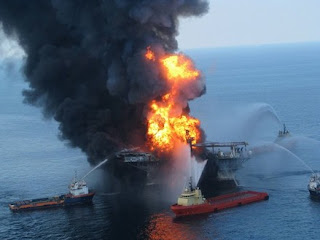US shares are trading lower, following falls in European and Asian markets on fears that Greece may default.
A series of news reports that Germany may be preparing for an "orderly default" by Greece also sent the euro lower.
German officials sought to shore up confidence on Monday, saying the stability of Greece and the euro was "the common goal".
Bank shares were down, with France's BNP Paribas closing down 12%.
Other French banks also fell amid rumours of a possible downgrade of their debt and concerns about their exposure to Greece and Italy.
By mid-morning in New York, the Dow Jones was down by 1% and closed 0.71% down. Nasdaq closed positive.
London's FTSE 100 closed down 1.6%, France's Cac 40 fell 4.0% and Germany's Dax lost 2.3%. The declines followed heavy falls in Asia, where Hong Kong ended 4% down.
The euro fell to a 10-year low against the yen, and investors poured money into German bonds in a flight to safety.
The latest crisis of confidence in the markets came amid worries that Germany had lost patience with Greece - and other heavy indebted eurozone nations - and might not help future bailouts.
German Economy Minister Philipp Roesler said in a newspaper article at the weekend that an "orderly default" by Greece could no longer be ruled out.
On Monday, adding to the tensions, the general secretary of German Chancellor Angela Merkel's junior coalition partner suggested that Greece can leave the eurozone.
"In the final analysis, one also cannot rule out that Greece either must, or would want to, leave the eurozone," Christian Lindner, the general secretary of the Free Democrats (FDP), said in a television interview.
HSBC closed down 2.4%, Lloyds fell 1.6%, RBS fell 3.4%, and Barclays was 1.6% down.






